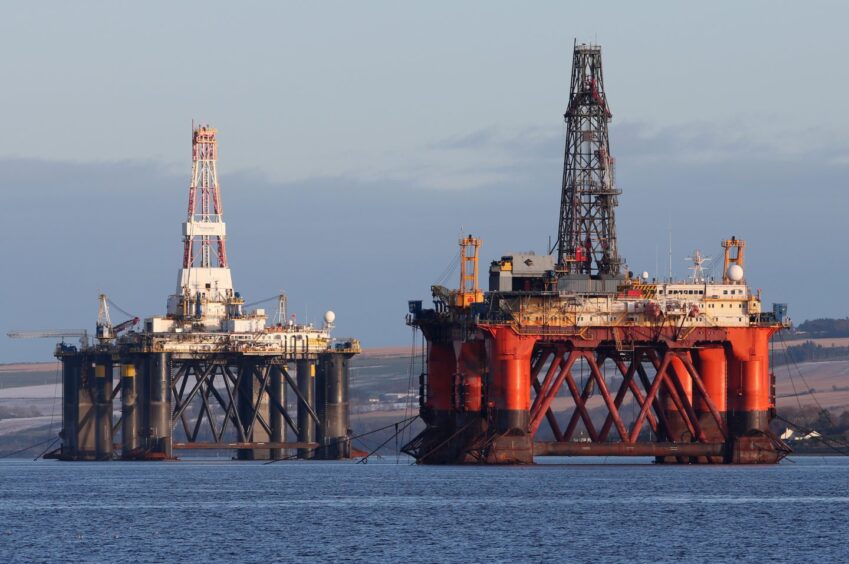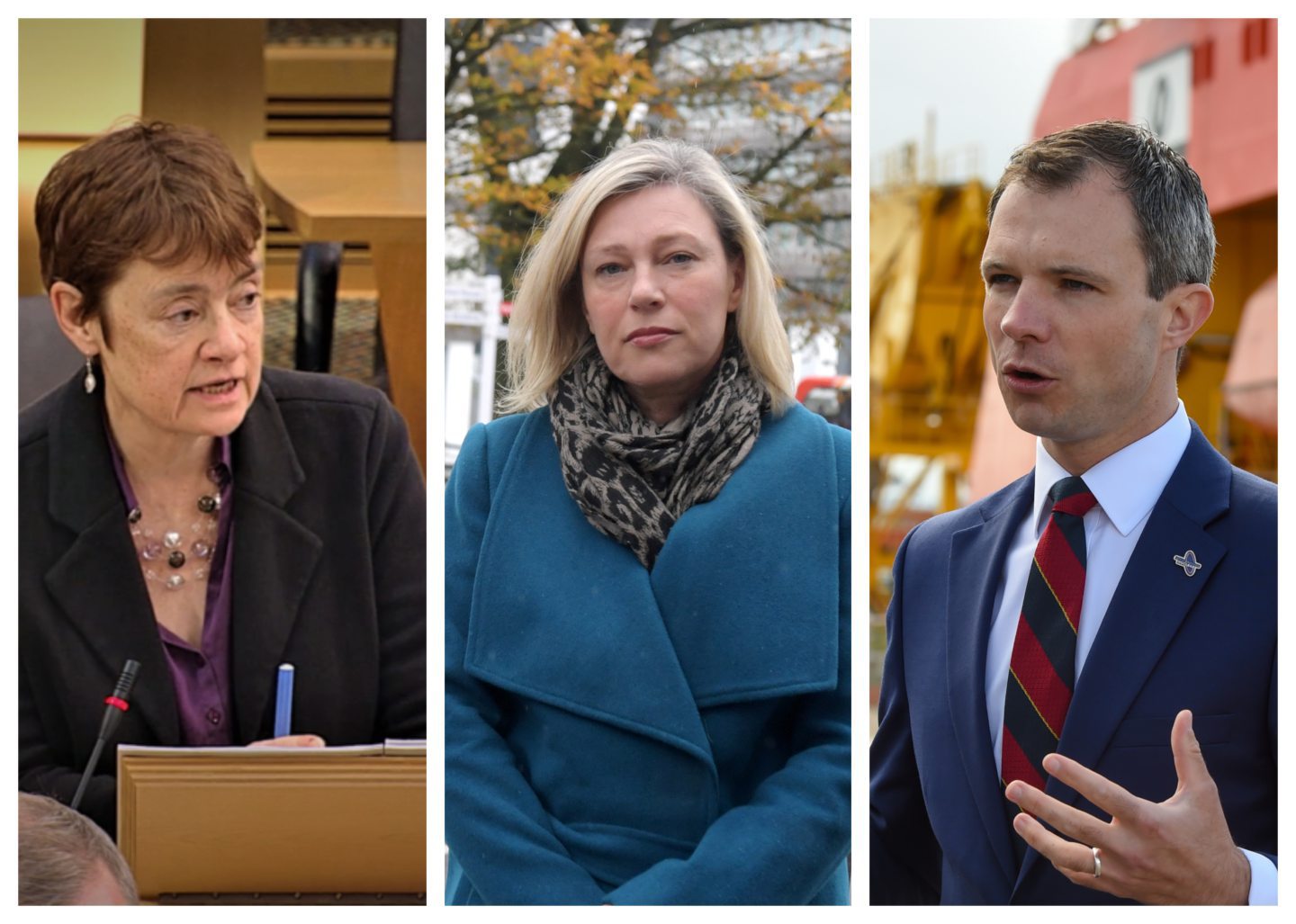
Three-quarters of Scottish people back domestic North Sea production according to new polling ahead of a political showdown in Aberdeen tonight.
Polling commissioned by consultancy True North found 75% backed domestic production of oil and gas, and 60% saw a positive economic impact from companies operating in the North Sea.
The poll, carried out by Survation, had a sample size of just over 1,000 was taken from people of varying ages and voting intentions from across the country.
Scots split on exploration
The data shows Scots are split down the middle on the future of exploration, despite the industry arguing it would stem reliance higher-carbon imports from overseas.
As the Scottish Government consults on its draft energy strategy, which presumes against any new North Sea exploration, 35% of respondents said that policy is wrong, but 32% are in support of it and the remainder are neither for nor against (23%) or don’t know (10%).
The picture is clearer moving into renewable energy, however, with 65% in support of offshore wind farms being deployed and 61% in support of them being built onshore.
A total of 55% of respondents said revenue from North Sea oil and gas should be ringfenced for investing in renewable energy and achieving net zero.
Political showdown
It comes ahead of a political clash in Aberdeen tonight between Scottish energy minister Gillian Martin MSP, Conservative MP Andrew Bowie and Scottish Labour MSP Sarah Boyack at the Chester Hotel.
More than 300 people are expected to attend the live recording of the Holyrood Sources podcast, in collaboration with the Aberdeen and Grampian Chamber of Commerce (AGCC).
Rhetoric around energy, and in particular the future of the North Sea oil and gas sector, is expected to ramp up ahead of an expected general election in 2024.
The ruling Conservatives and opposition Labour parties have drawn battle lines on either side of the sector, coming to a head recently with the Tories legislating for annual licensing rounds in the North Sea.
Meanwhile the SNP is consulting on a draft energy strategy which presumes against new oil and gas in the North Sea, with the final version due in summer.
Last week First Minister Humza Yousaf came under fire just last week from Ithaca Energy, a partner in the Rosebank project west of Shetland, for his opposition to that project and failing to recognise its jobs contribution to Scotland.
Ryan Crighton, policy director at AGCC, said four items must be achieved: reducing demand, sourcing other energy sources, politicians accepting the transition will take decades, and finding the most efficient way to source oil and gas in the meantime – domestically, via the North Sea.
He added: “This year – more than any year – we need a reasoned debate about our energy future, and it is important that our policy makers take stock of what this poll is saying.
“Our planning system is in urgent need of reform, our grid infrastructure requires enormous sums of investment to meet the needs of tomorrow, and we need a progressive tax regime which encourages energy firms to invest in the UK Continental Shelf and in renewables. This is where the public want political efforts to be focused.”
Scottish government policy scrutinised
Other policies including the Scottish Government’s plan to phase out gas and diesel boilers by 2045 was considered not achievable by 56% of respondents.
Similarly, 70% said plans to phase out petrol and diesel cars by 2030 was not achievable.
A total of 42% said the First Minister is not enacting the right policies to make Scotland “the Net Zero Capital of the World”, while 28% said he was and 31% said they don’t know.
On nuclear power, 32% are opposition to building new power stations, while 38% are for it, 22% were indifferent and 7% didn’t know.
True North managing director Fergus Mutch said energy will be a key general election issue.
“While political parties may be falling over each other to set more and more ambitious targets as we continue to move away from fossil fuels, these poll findings suggest that public opinion is behind a more pragmatic approach.
“People in Scotland recognise the value of our existing energy sector and how important it is that we don’t become ever more reliant on overseas imports of oil and gas.
“They want to see both UK and Scottish governments working in close partnership to unlock the opportunities of net zero, but there’s a healthy dose of scepticism around some existing targets and the wider policy approach to get us there — for example on timelines for phasing out gas boilers and new petrol and diesel cars.”
Energy Minister Gillian Martin said:“Scotland has the skills, talent and natural resources to be a leader in the energy transition and unlock the enormous benefits that it presents. Our focus is on meeting Scotland’s energy security needs, reducing emissions in line with climate goals and ensuring a just transition for our oil and gas workforce as North Sea oil and gas resources decline.
“We will continue to work closely with the offshore energy industry to deliver this just energy transition and ensure a bright future for the north sea workforce, our wider energy sector and the people of Scotland.”
Recommended for you


 © Supplied by DCT / Sarah Boyack
© Supplied by DCT / Sarah Boyack © Supplied by Wullie Marr/ DCT
© Supplied by Wullie Marr/ DCT